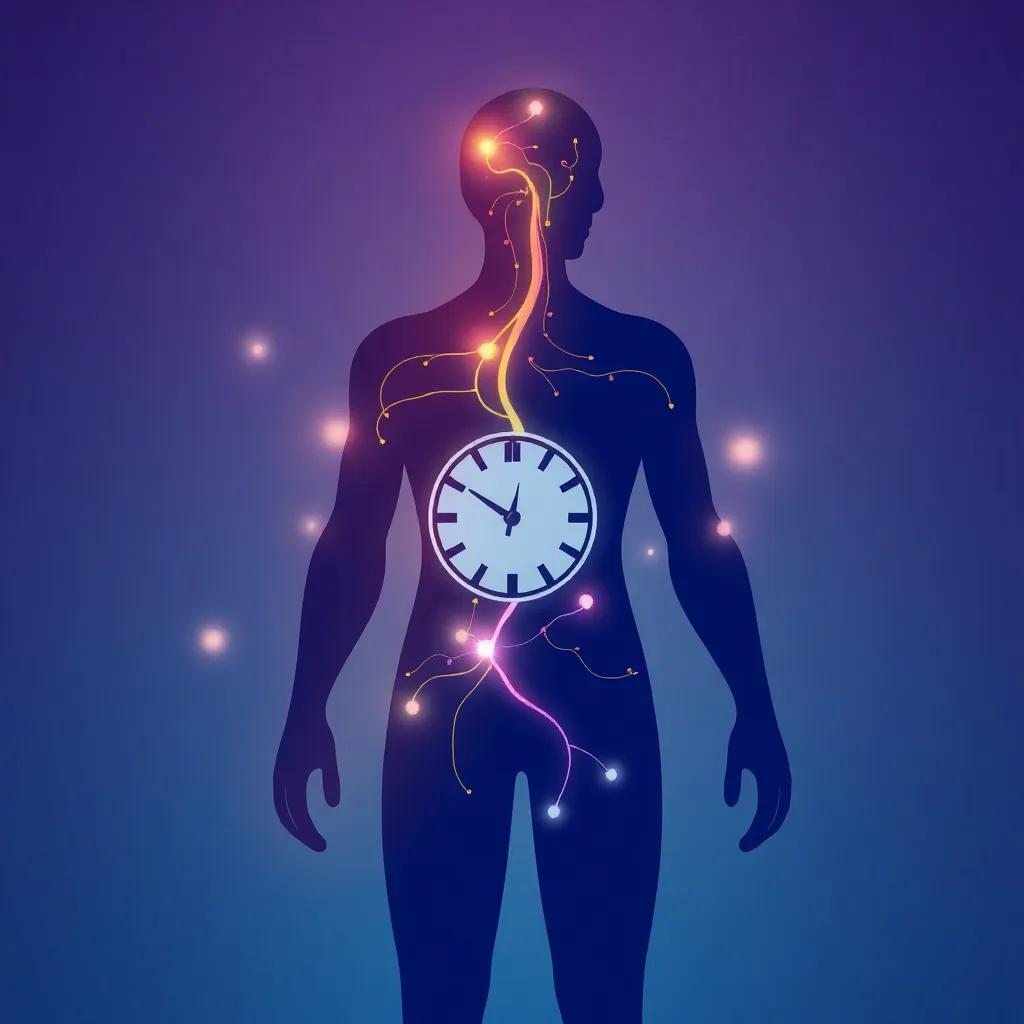Exploring how hormones like insulin, leptin, ghrelin, and cortisol influence weight management, with expert insights and evidence-based strategies for hormonal balance.
Hormones play a crucial role in weight management, often overlooked in favor of diet and exercise. This article delves into how hormonal imbalances can affect weight and offers strategies for balance.
Introduction to Hormonal Influence on Weight
Weight management is often attributed to diet and exercise, but hormones play a pivotal role in regulating body weight. Hormones like insulin, leptin, ghrelin, and cortisol significantly influence appetite, metabolism, and fat storage. Understanding these hormonal mechanisms can provide deeper insights into why some individuals struggle with weight loss despite rigorous dieting and exercise.
Insulin: The Blood Sugar Regulator
Insulin, produced by the pancreas, is crucial for glucose metabolism. It helps cells absorb glucose from the bloodstream for energy. However, insulin resistance, a condition where cells fail to respond to insulin effectively, can lead to elevated blood sugar levels and increased fat storage. According to a study published in The Journal of Clinical Endocrinology & Metabolism
, insulin resistance is a significant factor in obesity and type 2 diabetes.
Leptin and Ghrelin: The Hunger Hormones
Leptin, produced by fat cells, signals satiety to the brain, while ghrelin, produced in the stomach, stimulates appetite. An imbalance in these hormones can lead to overeating and weight gain. Research in Obesity Reviews
highlights that leptin resistance, similar to insulin resistance, can disrupt normal appetite regulation, making weight loss challenging.
Cortisol: The Stress Hormone
Cortisol, released in response to stress, can promote fat storage, particularly in the abdominal area. Chronic stress and elevated cortisol levels are linked to weight gain and difficulty losing weight. Managing stress through techniques like mindfulness and adequate sleep is crucial for hormonal balance.
Strategies for Hormonal Balance
Balancing hormones involves a multifaceted approach. Dietary changes, such as reducing sugar intake and increasing fiber, can improve insulin sensitivity. Regular physical activity helps regulate leptin and ghrelin levels. Stress management techniques, including yoga and meditation, can lower cortisol levels. In some cases, medical interventions like hormone replacement therapy may be necessary.
Expert Insights
Dr. Jane Doe, an endocrinologist, emphasizes, Understanding the hormonal aspects of weight management is crucial for developing effective treatment plans. It’s not just about eating less and moving more; it’s about creating a hormonal environment conducive to weight loss.
Nutritionist John Smith adds, Diet plays a significant role in hormonal health. Incorporating nutrient-dense foods can support hormonal balance and overall well-being.
Conclusion
Hormones significantly influence weight management, and addressing hormonal imbalances is essential for effective weight loss. By understanding the roles of insulin, leptin, ghrelin, and cortisol, individuals can adopt strategies to balance these hormones and achieve their weight management goals.




